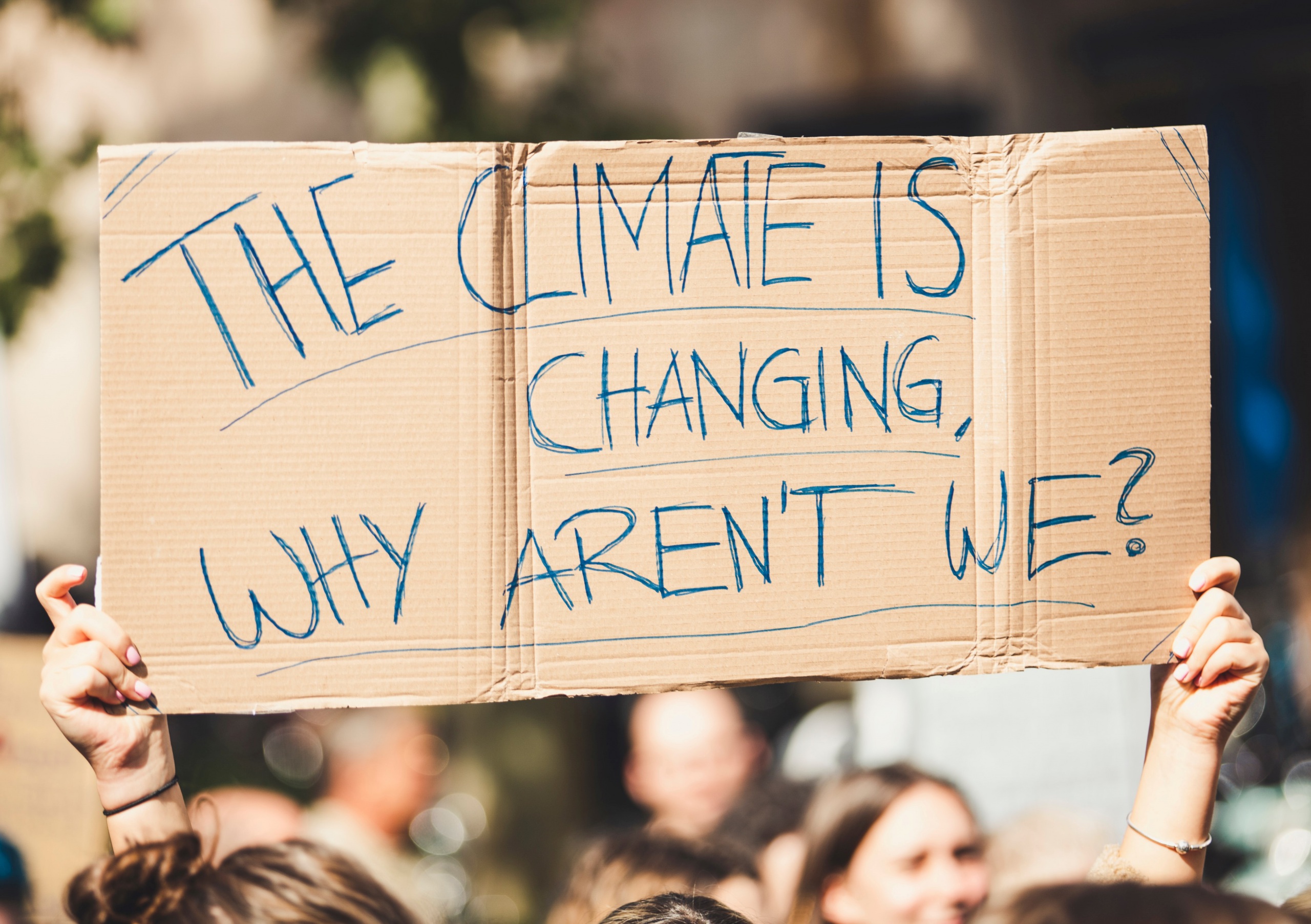The power of small acts of resistance
Our clean energy intern Katie Moffitt writes about the power of "small acts of resistance" and how you can advocate for 100% renewable energy commitments in your community.

How you can advocate for 100% renewable energy commitments in your community
Written by clean energy intern Katie Moffitt
I’ve recently become appreciative of the power of a solid morning routine. My mom prefers to spend her early a.m. hours listening to a Sam Harris podcast over breakfast. Every day, my roommate stretches for 30 minutes after waking up. Every morning for the last two months, I’ve spent 20 minutes doing some small act of resistance while I drink my first cup of coffee. What do I mean by a small act of resistance? I choose from an arsenal of potent actions: signing petitions; donating to mutual aid funds; contacting my representatives; learning about a certain issue and sharing my resources; and engaging in the process of unlearning and personal reflection.
A friend of mine inspired this routine after offering advice about activism in the face of seemingly insurmountable obstacles. When I first learned about the climate crisis, I was deeply upset about the general apathy and lack of effort in my community to combat the effects of global warming. For the longest time, I felt paralyzed by the magnitude of climate change and the smallness of my actions.
To circumvent this paralysis, my friend told me to “narrow your scope to deepen your impact.” The key to doing this is to choose a specific area to focus on within an overwhelming and complex issue. In doing so, I not only contribute small but meaningful immediate steps toward a goal, but I am also changing my mindset to commit to a lifetime of work by incorporating this issue into my daily life.
The beauty of her advice is that it applies to nearly any big issue you hope to help solve. For me, that’s become transitioning to sustainable, clean practices nationwide. I’m reassured that I’m not alone. When I see young activists making waves in their communities all over the world and states joining the commitment to renewable energy, the sum total leaves me with a revived belief in the power of small acts of resistance.
The ethos behind small acts of resistance is the beating heart of Environment America’s 100% Renewable campaign. Our goal is to get 10 states and a total of 150 college campuses and key cities to transition to 100 percent renewable energy. So far, through the resilience and hard work of organizers across the nation, more than 150 cities and seven states have already made the commitment to transitioning to renewable energy. These moments can be big. For example, when Virginia recently became the first state in the Southeast to make a 100 percent clean electricity pledge.
But before we get to those big breakthroughs, we cannot forget those small acts of resistance. To amplify those efforts, we’ve created One Million for 100% Renewable Energy, which is a collective of these acts. It may not seem like a game changer but by signing this petition of support and sharing it on social media with ten friends or family members to generate conversations around renewable energy, you are partaking in a deceptively powerful undertaking.
Petitions have led to the passage of innovative legislation. Petitions have saved wrongfully convicted prisoners from death row. Petitions have won justice for those who demanded it. Petitions have changed the world.
But the One Million project is more than just a petition. It’s the gateway to a community of engaged supporters working together in coordinated actions to move the needle on renewables. The One Million Project is the answer to the question: “What can I do?”
Over the next few weeks, we’ll be sharing resources through this blog series about how to engage your community in the fight for a 100 percent renewable energy future. So, when you start your morning and are looking for a small act of resistance to accompany your first cup of joe, check out this blog series to find resources, social media materials and easy steps for organizing your community around the 100 percent renewable movement.
Have you taken action with your community to lead the transition to a renewable energy society? Whatever actions you’ve taken — big or small — we want to hear about them!
